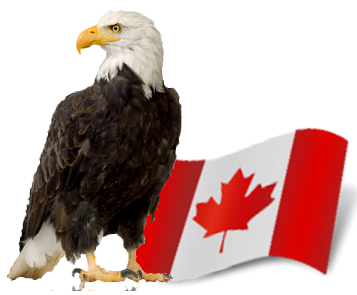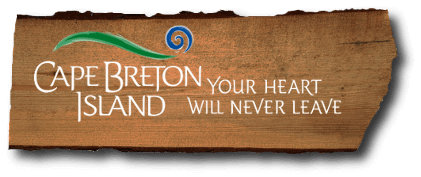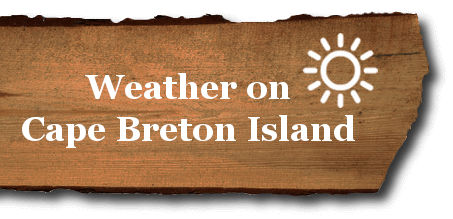Cape Breton Island
- most romantic place in Canada (vacay.ca)
- one of the 49 places in the world that could change your life (CNN)
- Best motorcycle trip in the world (USA Today)
- one of the Top Ten 'dare to go places' (CNN)
- No. 3 of the top ten 'most beautiful islands in the world' (Travel & Leisure)
The Island has a long and storied past. Before Europeans discovered the island (John Cabot landed here in 1497 and was sure he discovered Japan) the native Mi'kmaq were its first residents. The Scottish, Irish and French settled in different areas of the Island, while the ownership changed hands frequently between the French and English. The French constructed the Fortress of Louisbourg to protect their interests in the new world. The 1800's saw an influx of Highland Scots as a result of the Highland Clearances in Scotland where landlords forced their tenants off the land. As the French and Irish were also settling the area, this led to a unique blend of culture. Rich with Celtic, Mi'kmaq and Arcadian heritage, Cape Breton is a delight for history buffs, music lovers and explorers of nature.
In 1885 Alexander Graham Bell purchased land near Baddeck. "For simple beauty, Cape Breton outrivals them all" he said of the island he adopted as his home.
The 1900's were a time of industrial expansion with coal and steel at the forefront. Due to the immense numbers of cod and lobster off the coast of Cape Breton, fishing became a large part of the economy and culture. Later, overfishing led to the collapse of this industry, although to this day fishing is still a viable business. Modern Cape Breton has a wide mix of tourism, fishing, agriculture and forestry.
Cape Breton's climate is mild thanks to the influence of the Atlantic Ocean, the Gulf stream and the Gulf of St. Lawrence. The weather you will experience depends on the time of day and if you are close to the lakes or the ocean. Here on the island we have a figure of speech: 'If you don't like the weather 'wait 10 minutes'.
Some statistics for the seasons as rough rules of thumb:
- Spring: 0° C (32° F) to 17° C (63° F)
- Summer: 10° C (50° F) to 28° C (83° F)
- Autumn: 5 °C (41°F) to 20 °C (68°F)
- Winter: -20 °C (-4 °F) to 10 °C (50 °F)
More about Nova Scotia ('Canada's Ocean Playground')

The province is almost completely encircled by the sea and has a sea coastline of about 7,500 km. The sea is present everywhere and the province's rugged coastline is composed of hundreds of coves, bays and small inlets. Wide sandy beaches are plentiful, and they're often fronted by salt water marshes. The Bay of Fundy in the west is world famous for its world highest vertical tidal range. Mote than 110 billion tons of water flow in and out of the bay during one tidal period.
There are non-stop flights to Halifax, the provincial capital, from Frankfurt, Munich, Amsterdam, London, New York, Boston, Toronto and Montreal. A flight from there to Sydney can be taken several times a day with a flight time of just 50 minutes.






